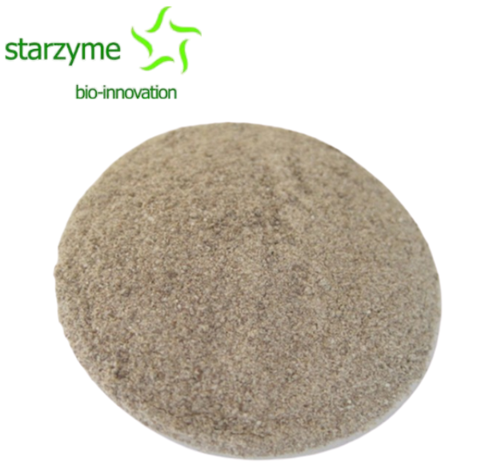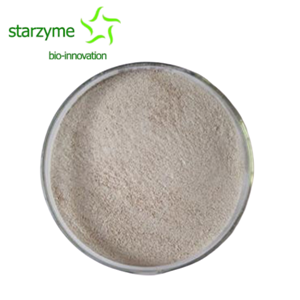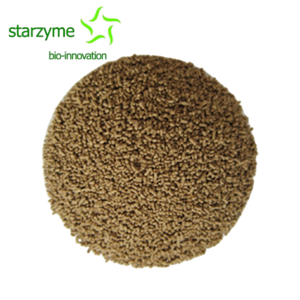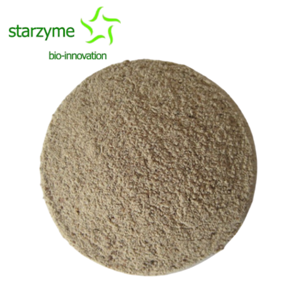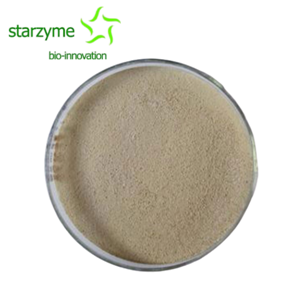Application of Alkaline Protease in Animal Husbandry
This article summarizes the current application status, mechanism of action, influencing factors, and future development trends of alkaline protease in animal husbandry, aiming to provide scientific basis and technical support for animal husbandry production.
1. Introduction
Animal husbandry is an important component of agriculture, which is of great significance for ensuring national food security and promoting rural economic development. However, with population growth and consumption upgrading, animal husbandry is facing multiple challenges such as resource constraints, environmental pollution, and animal welfare. Therefore, improving feed utilization and animal production performance, reducing environmental pollution, have become the key to sustainable development of animal husbandry. Alkaline protease, as an efficient feed additive, has shown great potential for application in animal husbandry.
2. Overview of Alkaline Protease
Alkaline protease is a type of enzyme that has the activity of hydrolyzing proteins under alkaline conditions. They have broad substrate specificity and can efficiently break down various proteins, including plant and animal proteins. Alkaline protease has a wide range of sources, including microorganisms, plants, and animals. Among them, alkaline proteases derived from microorganisms have become the most widely used source of alkaline proteases in animal husbandry due to their high yield, good stability, and ease of industrial production.
3. Application Functions of Alkaline Protease in Animal Husbandry
3.1 Improve Feed Utilization Efficiency
Feed utilization rate is one of the important indicators for measuring the production efficiency of animal husbandry. Alkaline protease can break down proteins in feed, converting them into small molecule peptides and amino acids that are more easily digested and absorbed by animals, thereby improving the utilization rate of feed. Research has shown that adding alkaline protease to the feed of animals such as pigs and poultry can significantly improve their growth and production performance. For example, adding it to piglet feed can increase daily weight gain and feed conversion rate; Adding alkaline protease to broiler feed can increase the weight and egg production rate of broiler chickens.
3.2 Improving Animal Intestinal Health
Animal intestinal health is crucial for livestock production. Alkaline protease can reduce the negative impact on animal intestines by breaking down anti nutritional factors such as phytic acid and cellulose in feed. At the same time, it can promote the reproduction of beneficial bacteria in animal intestines, inhibit the growth of harmful bacteria, and maintain the microbial balance of animal intestines. These effects help improve the intestinal health of animals, enhance their immunity and disease resistance.
3.3 Reduce Environmental Pollution
Animal husbandry is one of the important sources of environmental pollution. Alkaline protease can reduce environmental pollution by increasing the utilization rate of feed and decreasing the content of nutrients such as nitrogen and phosphorus in animal excrement. In addition, alkaline protease can also decompose organic substances in animal excrement, reduce the emission of odorous gases, and improve the breeding environment.

